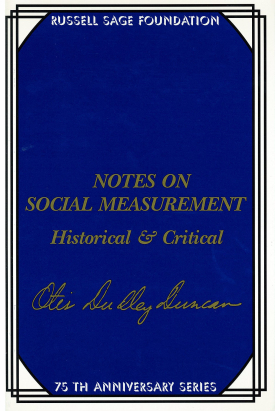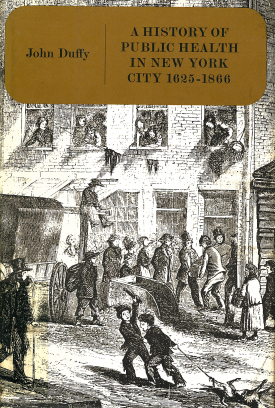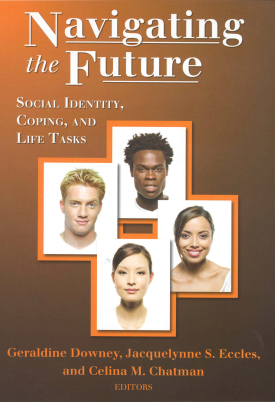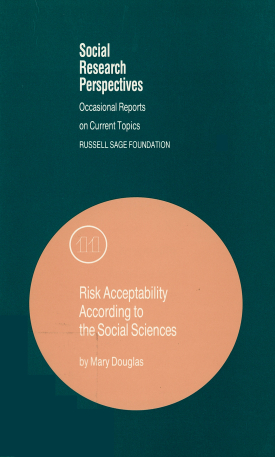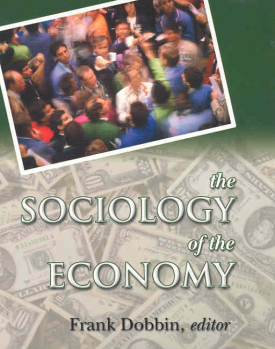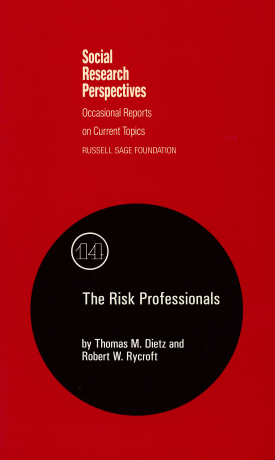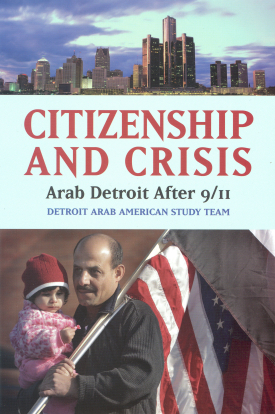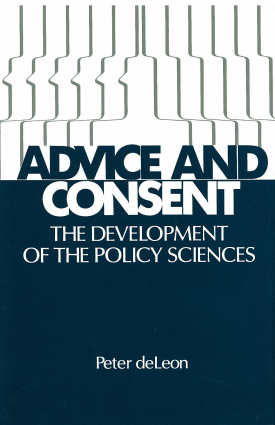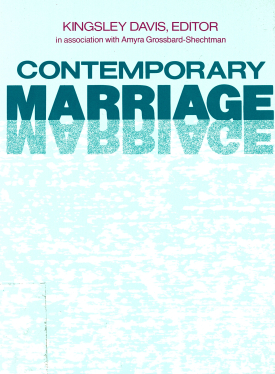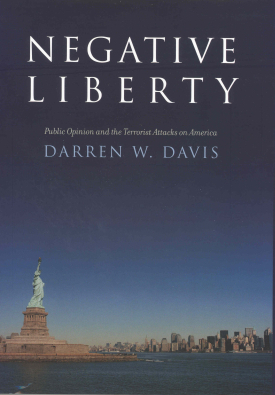Psychologists now understand that identity is not fixed, but fluid and highly dependent on environment. In times of stress, conflict, or change, people often adapt by presenting themselves in different ways and emphasizing different social affiliations. With changing demographics creating more complex social groupings, it is important to understand the costs and benefits of the way social groups are categorized, and the way individuals understand, cope with, and employ their varied social identities. Navigating the Future, edited by Geraldine Downey, Jacquelynne Eccles, and Celina Chatman, answers that call with a wealth of empirical data and expert analysis.
Navigating the Future focuses on the roles that social identities play in stressful, challenging, and transitional situations. Jason Lawrence, Jennifer Crocker, and Carol Dweck show how the prospect of being negatively stereotyped can affect the educational success of girls and African Americans, making them more cynical about school and less likely to seek help. The authors argue that these issues can be mitigated by challenging these students educationally, expressing optimism in their abilities, and emphasizing that intelligence is not fixed, but can be developed. The book also looks at the ways in which people employ social identity to their advantage. J. Nicole Shelton and her co-authors use extensive research on adolescents and college students to argue that individuals with strong, positive connections to their ethnic group exhibit greater well-being and are better able to cope with the negative impact of discrimination. Navigating the Future also discusses how the importance and value of social identity depends on context. LaRue Allen, Yael Bat-Chava, J. Lawrence Aber, and Edward Seidman find that the emotional benefit of racial pride for black adolescents is higher in predominantly black neighborhoods than in racially mixed environments.
Because most people identify with more than one group, they must grapple with varied social identities, using them to make connections with others, overcome adversity, and understand themselves. Navigating the Future brings together leading researchers in social psychology to understand the complexities of identity in a diverse social world.
GERALDINE DOWNEY is assistant professor of psychology at Columbia University.
JACQUELYNNE S. ECCLES is Wilbert McKeachie Collegiate Professor of Psychology, Women's Studies, and Education and research scientist at the Institute for Social Research at the University of Michigan.
CELINA M. CHATMAN is associate director of the Center for Human Potential and Public Policy at the Irving B. Harris Graduate School of Public Policy Studies at the University of Chicago.
CONTRIBUTORS: J. Lawrence Aber, LaRue Allen, Susan M. Andersen, Yael Bat-Chava, Niall Bolger, Jennifer Crocker, William E. Crocker Jr., Andrea L. Dottolo, Carol S. Dweck, Andrew J. Fuligni, Diane Hughes, Jason S. Lawrence, Bonita London, Oksana Malanchuk, Tracy McLaughlin-Volpe, Rodolfo Mendoza-Denton, Elizabeth Moje, Edward Seidman, J. Nicole Shelton, Abigail J. Stewart, Linda C. Strauss, Tom R. Tyler, Elizabeth Velilla, Niobe Way, Carol Wong, Tiffany Yip.
